| Author: | Thomas Carlyle | ISBN: | 1230000028698 |
| Publisher: | Zhingoora Books | Publication: | November 3, 2012 |
| Imprint: | Language: | English |
| Author: | Thomas Carlyle |
| ISBN: | 1230000028698 |
| Publisher: | Zhingoora Books |
| Publication: | November 3, 2012 |
| Imprint: | |
| Language: | English |
Thomas Carlyle (4 December 1795 – 5 February 1881) was a Scottish satirical writer, essayist, historian and teacher during the Victorian era.[1] He called economics "the dismal science", wrote articles for the Edinburgh Encyclopedia, and became a controversial social commentator.
Coming from a strict Calvinist family, Carlyle was expected to become a preacher by his parents, but while at the University of Edinburgh he lost his Christian faith. Calvinist values, however, remained with him throughout his life. His combination of a religious temperament with loss of faith in traditional Christianity, made Carlyle's work appealing to many Victorians who were grappling with scientific and political changes that threatened the traditional social order. He brought a trenchant style to his social and political criticism and a complex literary style to works such as The French Revolution: A History (1837). Dickens used Carlyle's work as a primary source for the events of the French Revolution in his novel A Tale of Two Cities.
-wikipedia
Thomas Carlyle (4 December 1795 – 5 February 1881) was a Scottish satirical writer, essayist, historian and teacher during the Victorian era.[1] He called economics "the dismal science", wrote articles for the Edinburgh Encyclopedia, and became a controversial social commentator.
Coming from a strict Calvinist family, Carlyle was expected to become a preacher by his parents, but while at the University of Edinburgh he lost his Christian faith. Calvinist values, however, remained with him throughout his life. His combination of a religious temperament with loss of faith in traditional Christianity, made Carlyle's work appealing to many Victorians who were grappling with scientific and political changes that threatened the traditional social order. He brought a trenchant style to his social and political criticism and a complex literary style to works such as The French Revolution: A History (1837). Dickens used Carlyle's work as a primary source for the events of the French Revolution in his novel A Tale of Two Cities.
-wikipedia

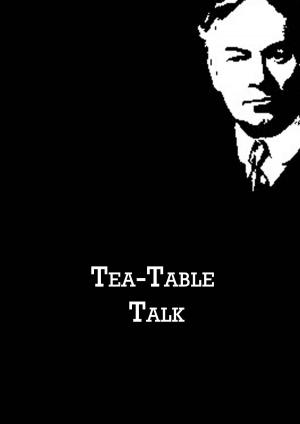
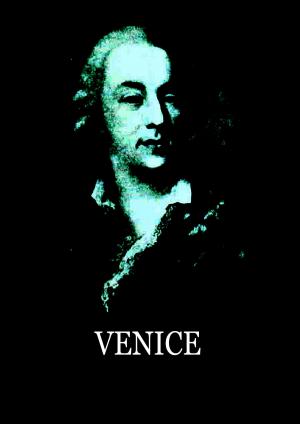
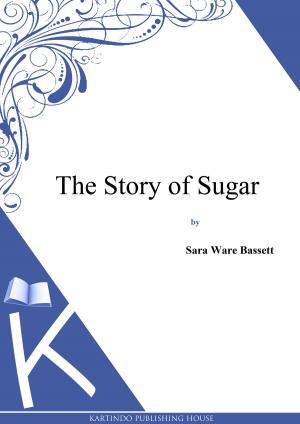
![Cover of the book Bleak House [Christmas Summary Classics] by Thomas Carlyle](https://www.kuoky.com/images/2012/december/300x300/1230000036548-UOUm_300x.jpg)
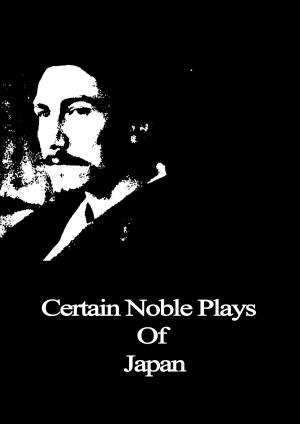
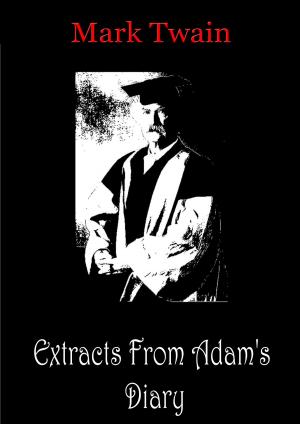
![Cover of the book Teach Your Kids About Country Flags [Vol 6] by Thomas Carlyle](https://www.kuoky.com/images/2012/november/300x300/1230000029222-c42n_300x.jpg)
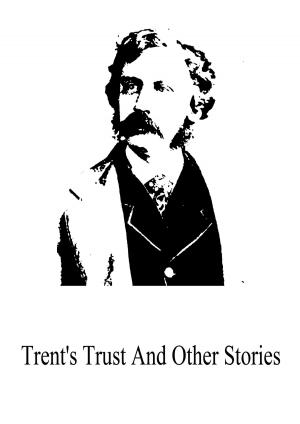
![Cover of the book The Newcomes [Christmas Summary Classics] by Thomas Carlyle](https://www.kuoky.com/images/2012/december/300x300/1230000034843-5aev_300x.jpg)
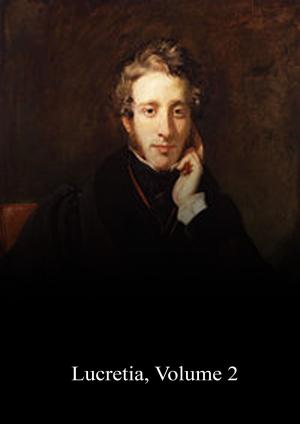
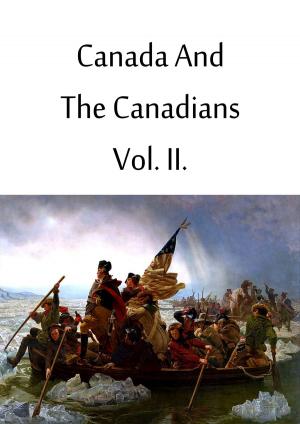
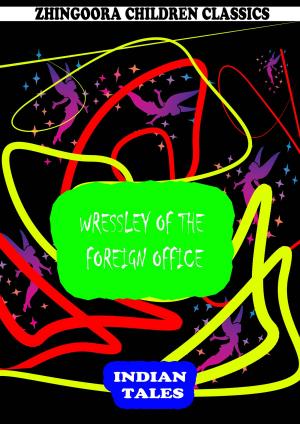
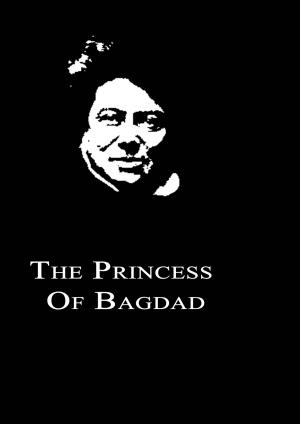
![Cover of the book Uncle Tom's Cabin [Christmas Summary Classics] by Thomas Carlyle](https://www.kuoky.com/images/2012/december/300x300/1230000034862-VhiM_300x.jpg)
